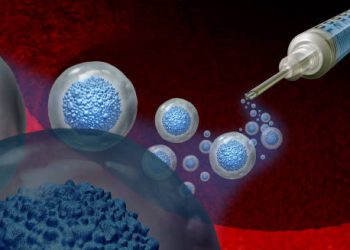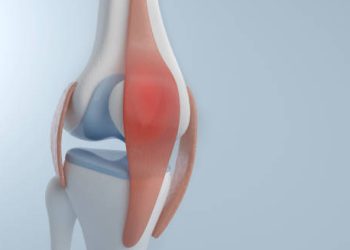Addison’s disease, also known as primary adrenal insufficiency, can be tricky to spot. The symptoms often develop gradually and are easy to confuse with other conditions — fatigue, low mood, or even stress. But recognising the signs early can make a big difference in getting the right treatment.
Early Symptoms Are Often Missed
At first, the symptoms might feel vague. You might just feel tired all the time or find it harder to bounce back from stress or illness. But these aren’t just signs of a busy life — they could point to something more serious.
Common early symptoms include:
- Chronic fatigue — not just tiredness, but exhaustion that doesn’t go away with rest
- Muscle weakness
- Loss of appetite and unintentional weight loss
- Low mood, irritability or depression
- Nausea or stomach discomfort
- Craving salty foods — due to salt imbalance in the body
More Noticeable Physical Changes
As the condition progresses, the symptoms may become more noticeable. These include:
- Darkening of the skin (hyperpigmentation), especially in scars, skin creases, and areas exposed to friction (like elbows or knees)
- Low blood pressure, which can cause dizziness or fainting
- Low blood sugar (hypoglycaemia), especially in children
- Irregular or absent periods in women
These signs aren’t always obvious right away, and because they come on slowly, many people adapt to them — or brush them off as normal.
What Happens in an Addisonian Crisis
If left untreated, Addison’s disease can lead to a medical emergency known as an Addisonian crisis. This happens when the body can’t respond properly to stress, such as illness, injury, or surgery.
An Addisonian crisis may involve:
- Severe vomiting and diarrhoea
- Dehydration
- Extremely low blood pressure
- Confusion or loss of consciousness
- Sudden pain in the lower back, abdomen, or legs
This is life-threatening and requires immediate medical attention. It’s one of the key reasons why understanding the symptoms of Addison’s disease matters — getting the right diagnosis early can prevent serious complications.
Know What to Watch For
If you or someone you care about has been feeling unusually tired, losing weight without trying, or experiencing strange cravings for salt, it’s worth looking into. Addison’s disease might be rare, but for those living with it, early diagnosis can be life-changing.
👉 Next: What Causes Addison’s Disease?
Reviewed April 2025. Always consult a professional for individual guidance.
Are We Losing Something with Online Therapy?
How is Addison’s Disease Diagnosed?
How is Addison’s Disease Diagnosed?


